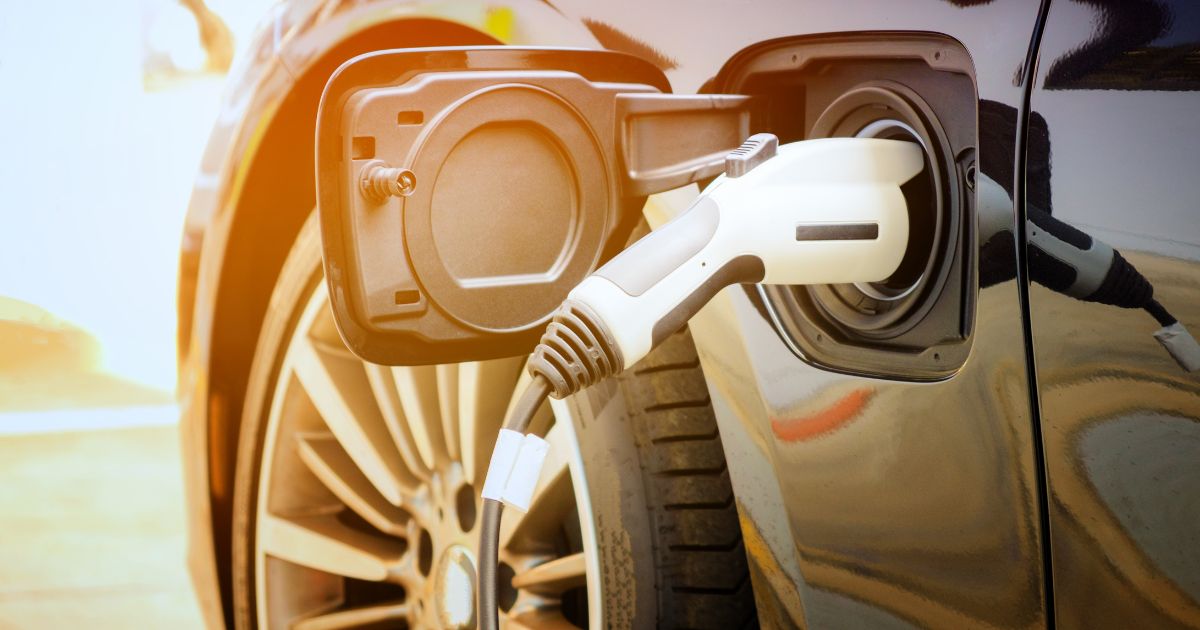4 Common Myths About Electric Cars Busted
While electric vehicles (EVs) are becoming more common on US roads and highways every day, many misconceptions about the vehicles linger. We’ll bust some common myths about electric cars you’ve probably heard in order to set the record straight.
EVs Are Impractical
Perhaps the most pervasive misconception about EVs is they’re impractical due to their battery’s limited range. While an EV’s operating range and local charging infrastructure are critical things to consider when buying an electric car, modern EVs are far from impractical.
Modern EVs have much longer driving ranges than electric cars made a few years ago. The average EV driving range is around 250 miles, and many vehicles exceed that. While this range may not be as great as the average gasoline or diesel-powered car, it’s enough for most drivers. The average US citizen commutes 40 miles per day.
Public charging infrastructure has significantly improved in recent years. Public charging stations are much more commonplace in cities and rural regions.
EVs Are Slow
Another common myth about electric cars is that they’re slow like golf carts. However, modern electric cars are generally faster than their gasoline counterparts.
This speed advantage exists because EVs have complete access to the torque of the motor, giving them significant acceleration advantages. Electric vehicles can go 0–60 MPH much quicker than many vehicles with combustion engines.
EVs Are Too Expensive
When EVs first arrived on the automotive market, they were pricey, especially in the US. With many years of technological advancements, new EVs are as affordable as a new gasoline car and, in many instances, are actually cheaper!
The Nissan LEAF, Chevrolet Bolt, and Hyundai Kona Electric are as affordable or more so as gasoline cars of similar size and with similar features. Plus, people who purchase an EV can qualify for the $7,500 federal tax credit for new clean vehicle purchases. Many states, including Colorado and California, offer additional tax incentives for residents.
EVs Are Unsafe
Too many people wrongly assume EVs are unsafe according to crash test ratings because they are relatively small and lightweight. Like every production vehicle, EVs go through extensive safety testing from the Insurance Institute for Highway Safety (IIHS) and the National Highway Traffic Safety Administration (NHTSA).
The IIHS and NHTSA’s independent agencies have concluded that EVs are just as safe, if not safer, than gasoline vehicles. While some people worry about the fire hazard posed by lithium-ion batteries in EVs, the IIHS and NHTSA have also concluded they pose much less of a fire hazard than gasoline in combustion engine vehicles.







